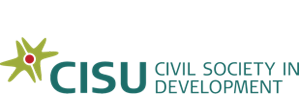
Future MOVE is a project supported by the Danish Civil Society in Development Fund (CISU) to develop a Danish conceptual framework and curriculum for Sport for Development projects.
About the project
Future MOVE is a project supported by the Danish Civil Society in Development Fund (CISU) to develop a Danish conceptual framework and curriculum for Sport for Development projects. Future MOVE will map 30 projects across the world that use sport for all to meet the Sustainable Development Goals (SDGs), and empower 540 Gerlev Sports Academy students to engage directly with at least one of them during and beyond their 4-month stay. The students will experience different levels of hands-on involvement in the projects and will be encouraged to continue their engagement as endorsers, contributors, owners and leaders.
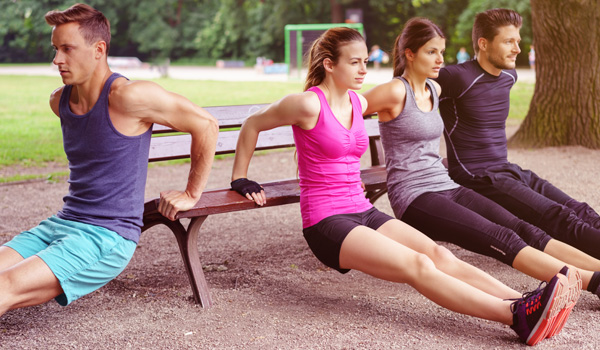
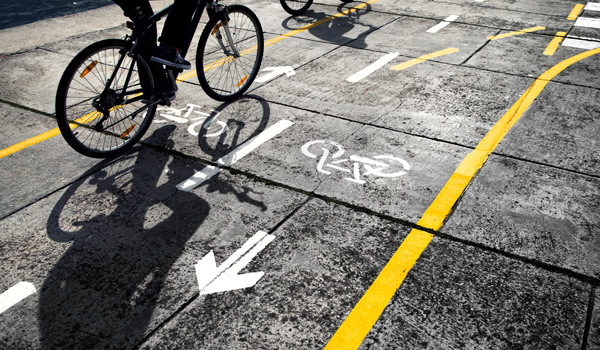
Project objectives
- Develop a Danish conceptual framework and curriculum for Sport for Development projects. This will be tested with 540 Danish students in Gerlev.
- Map, describe and engage with 30 Sport for Development projects across the world and to empower each of the 540 Danish Gerlev students to engage directly in collaboration with at least one of them.
- Widen the reach of the project by sharing the conceptual framework and curriculum with other Danish NGOs, schools and at two workshops and relevant Danish conferences towards project end, and to mainstream the approach in Gerlev for the years to come.
The project is designed to build a deep understanding of the 540 young people at Gerlev of Sport for Development, and to engage them in a purposeful, direct and committing interaction with the 30 mapped Sport for Development projects as well as with Danish NGOs that own or are engaged with these projects. The young people will experience different levels of hands-on involvement in the specific projects, and will be empowered to continue the engagement both as “endorsers”, “contributors” owners” and “leaders” beyond their stay at the Gerlev academy.
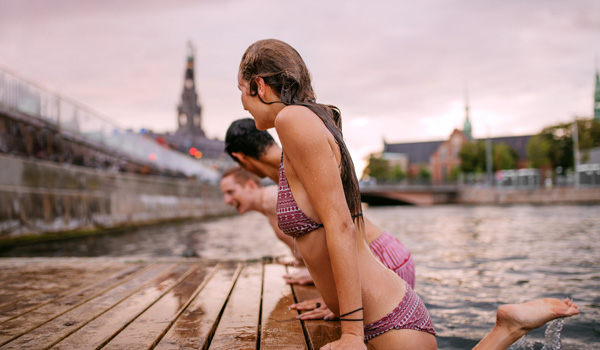
There is consensus that sport for all in particular can make significant contributions to following SDGs:
3: Good health and well-being, inter alia by contributing to combating non-communicable diseases and advancing mental health
4: Quality Education, inter alia by advancing non-formal education opportunities, life skill development and Physical Literacy
5: Gender Equality, inter alia by promoting equal participation to leisure time physical activities and sport
11: Sustainable cities and communities, inter alia by enhancing social justice and equal access to sport and leisure time opportunities
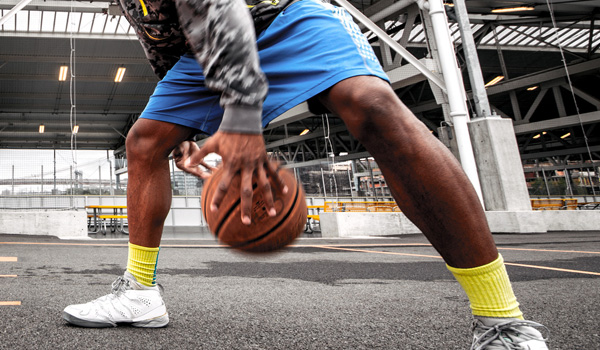
ISCA coined the term Human Right to MOVE in 2016 to promote a rights-based approach to sport for all and physical activity, and to embed this in the larger societal framework. And in 2018, the Council of Europe issued the Tblisi Declaration, stating “physical activity and sport for all as a fundamental right of every human being”, thus advancing this agenda further, and broadening the scope of the UN Convention of the rights of the child, including the right to play (art. 31).
The Future MOVE project will also incorporate climate- and environment-specific questions into the project’s activities to consider their potential environmental impact.
View resources



